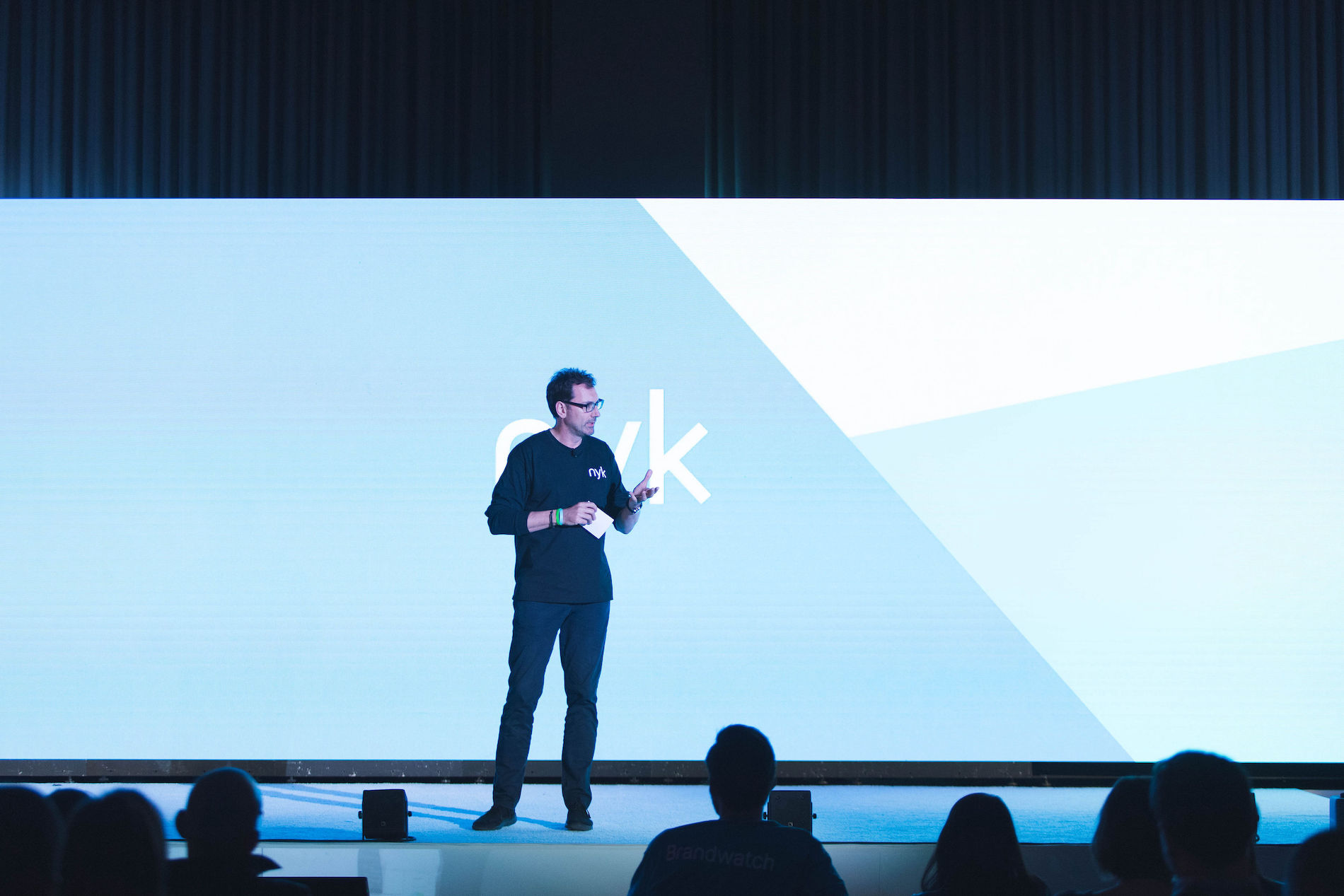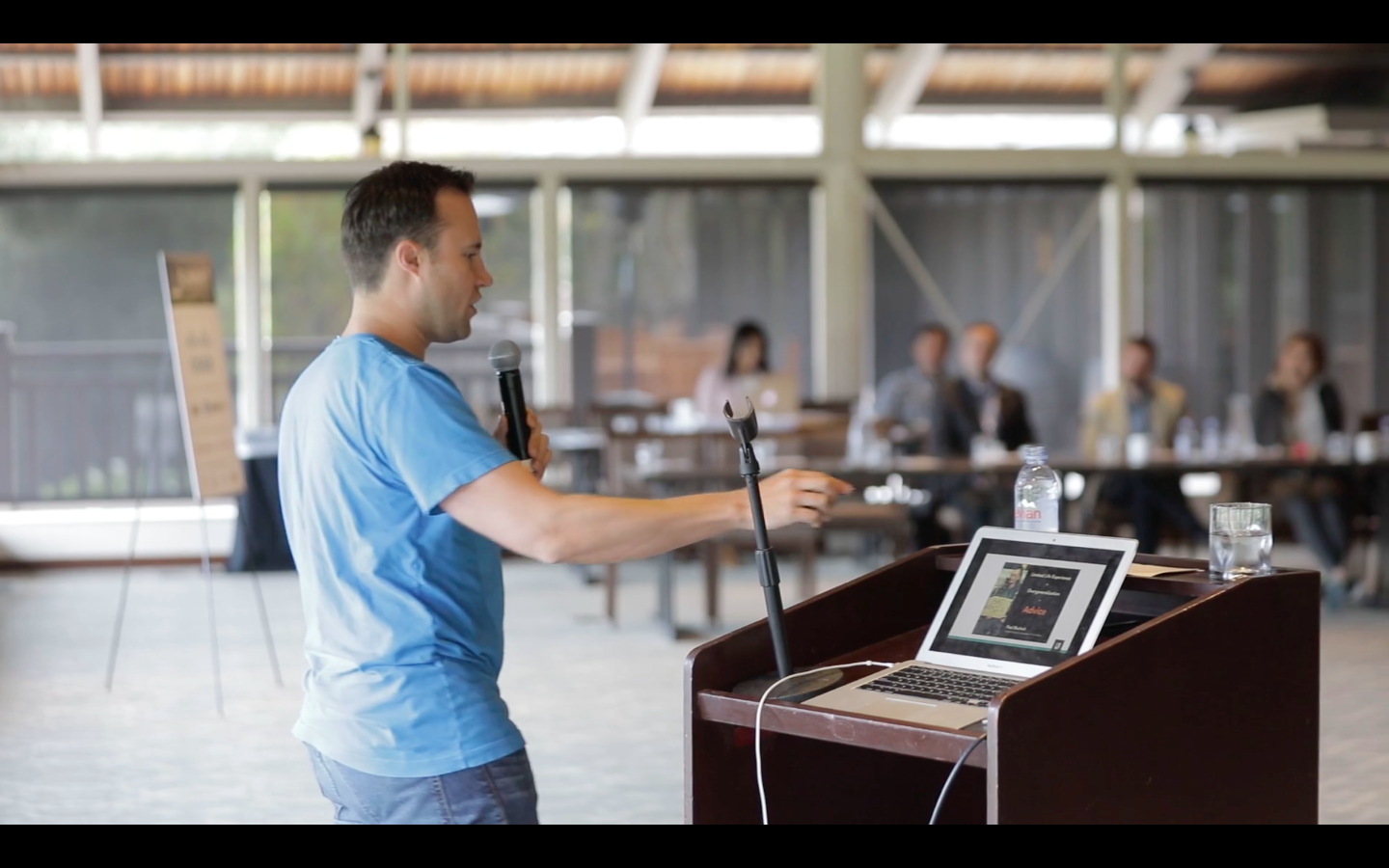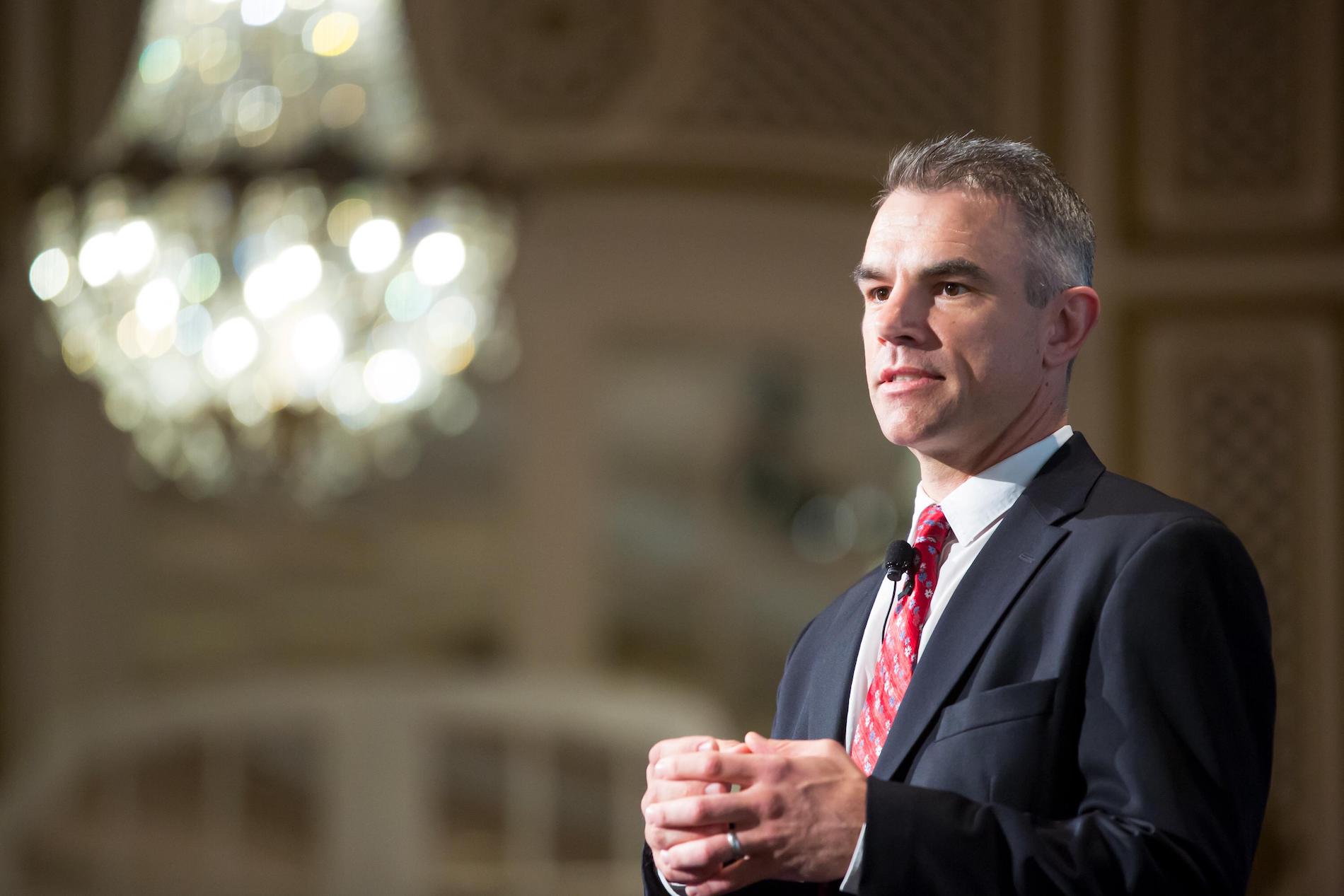
After 13 years as CEO and Founder of Brandwatch, Giles Palmer reflects on what he would have done differently to grow his company. These reflections come on the heels of the company’s $450 Million acquisition by Cision.
Founder Giles Palmer has spent the last 13 years as the CEO of Brandwatch. His brand sentiment and social media listening startup was recently acquired by Cision for $450 Million. In this piece, he offers advice to other founders about what he would have done differently to grow his company based on what he knows now.
Register for Giles Palmer’s global keynote with the Founders Network for more reflections on his founder’s journey, such as:
- Differentiating your startup in an up-and-coming niche
- Assessing risk and how it informs your decision-making as a founder
- Successful team-building as you scale
Register as a guest to find out if you qualify for full membership.
He Wouldn’t Focus on Fast Growth
Early-stage startups are typically losing money, and if they’ve fundraised there’s a pressure to grow quickly. As a result, founders are often forced into the trap of thinking short-term and believing that growth metrics are the only thing that matters.
Brandwatch was no exception to this. And what Giles has since learned is that this focus on fast growth isn’t always optimal:
“A lot of smart companies balance growth with other important factors,” he explained. “Second and third-time founders who maybe have more knowledge or financial security may take a bit longer in the earlier stages to get to a point where they know who they’re going to sell to, what their pricing should look like and what a successful implementation looks like.”
When you’re a young company and not yet breaking even, Giles explained that it’s easy to become influenced by the customers that are saying yes in the moment:
“The runway that you’re dealing with is pretty short term; therefore you’re vulnerable. You will take pretty much any deal or will work with a customer that is not really where you want to go. Even if they’re not blowing you off course, they might not be the right fit for you — they might be thinking of the relationship as short term whereas you’re looking to build it over time.”Being less selective about your customers often leads to a higher churn rate which leads to opportunity costs and poor metrics. “One day you may realise that your customer base is half as big as another company that took more time to be deliberate in the early days. It’s also hard to undo those bad habits.”
“Try to ignore all of the external folks telling you that growth is everything. And try to think about whether this is the right fit. And if it's not the right fit, and if you've got a choice, don't take the customer.” - @joodoo9 Share on XGiles explained that being more selective is a very conscious choice that a company has to make, and many companies will try to retrofit this choice later on with less success.
“Try to ignore all of the external folks telling you that growth is everything. And try to think about whether this is the right fit. And if it’s not the right fit, and if you’ve got a choice, don’t take the customer.”
So what does this look like on a practical level?
Consider a zero commission sales model.
“I’d love to have a zero commission sales model where sales people are not paid to bring in customers, they are paid to actually find companies that are going to benefit from being customers of ours.”
This would mean starting with a bigger base by calculating their on-target earnings (OTE) and paying a higher percentage of it.
“I just want you to bring in the right customers rather than bringing in everybody that you possibly can because you get paid more for it. So there’s a very interesting tension between sales person’s compensation and what’s right for the company.”
“Increasingly SaaS is a journey you go on together because they're choosing to subscribe every month or every year, so it's a constant commitment.” - @joodoo9 Share on X
Hire a User Experience Designer Early On
“There are product design choices you make at the beginning that show up for years and years as the product evolves. They’re really, really important,” Giles explained.
Looking back, he wishes he would have hired a product designer that focused on the user experience within the first four or five hires. This is someone that can build a discipline around user research and product metrics to learn what features his customers are or are not using and can investigate why.
To make sure you’re focusing on the right customers, you need to prioritize their input regarding features and integrations and other user experience decisions they’d like to see.
To learn more about reflections on a startup journey, see if you qualify for membership and check out the webinar from June 3.
Look for customers that are ready to build a two-way commitment with the company.
“Increasingly SaaS is a journey you go on together because they’re choosing to subscribe every month or every year, so it’s a constant commitment,” Giles said.
Spend more time onboarding customers you know you want to keep and working out a two-way commitment. “Making sure that they live up to their bit of the bargain,” he explained. “For them to be successful, they also have to follow the program. It’s not just on the supplier — it’s a contract between two of you.”
“Entrepreneurs, most people actually, are pretty poor at evaluating their own ability. So I use enjoyment as a proxy for: are you any good at this?” - @joodoo9 Share on X
He Would Pay Closer Attention to What He Was Enjoying
As your company grows, as a founder, you have to make hard choices around which responsibilities to hand over to someone else. For instance, do you hand over much of the day-to-day decisions to a COO or do you maintain a high level of control as a hands-on CEO?
To make these choices, Giles has learned to focus on what he enjoys. “Entrepreneurs, most people actually, are pretty poor at evaluating their own ability. So I use enjoyment as a proxy for: are you any good at this?”
For instance, if Giles had paid closer attention to what he was and wasn’t enjoying, he would’ve focused on team building at a much earlier stage.
Giles loves building teams, but about seven years ago, he realised that he was no longer enjoying the senior team meetings. So he took a look at his senior team and realized that there were no women or people of color on the team and most people came from similar backgrounds and had similar traits. He knew things needed to change, so his company significantly increased the size of the team and worked at making it more diverse.
Giles also spent time and energy on team development: utilizing team coaches, honing in the purpose of team meetings, and socializing outside of meetings.
“We built up that working cadence over 18 months through an enormous amount of effort,” he explained. “And that team now runs the business incredibly well. It’s resilient, and people love being part of it; whereas nobody enjoyed being part of the team six or seven years ago.”
For Giles, the decision to become more knowledgeable about team building was one he consciously made about how he wanted his personal growth journey to match the company’s.
“Have you graduated to the next level so that you’re able to do your job without it causing you many more degrees of stress and anxiety? If you haven’t, and the company is growing quicker than you are as a CEO, then that’s an interesting observation. And you have a choice: either you have to work incredibly hard to upgrade yourself so that you are able to carry on with the journey or you bring in somebody else alongside you.”
To learn more about reflections on a startup journey, see if you qualify for membership and check out the webinar from June 3.






